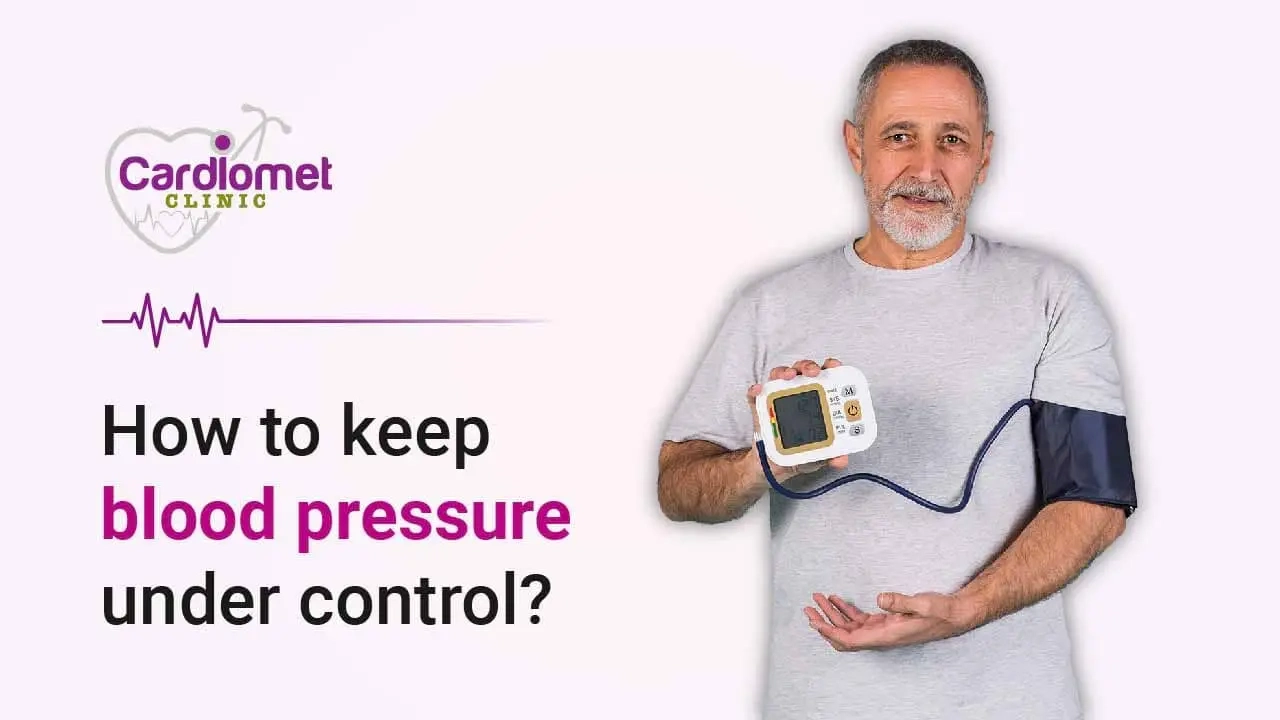Accurate Blood Pressure Monitoring
Accurate Blood Pressure Monitoring: An Essential Part of Health Management
It's quite common for individuals, especially those with a family history of Hypertension , to wonder about effective methods for self-monitoring their Blood pressure. They often ask questions like, "How can I avoid blood pressure issues?" or "What blood pressure monitor should I use?" This blog aims to address such queries, guiding you towards better blood pressure management.

Understanding Blood Mercury Pressure Monitoring Machine
A Blood Mercury Pressure Monitor, known as the "Gold Standard," is a traditional tool for assessing blood pressure due to its remarkable accuracy. This device measures Blood Pressure by utilizing the pressure exerted by a column of mercury. The system comprises an inflatable cuff, a mercury-filled manometer, and an inflation mechanism.
Despite its precise readings, this monitor isn't typically suitable for everyday use by patients. Reasons include its high cost, lack of convenience, and the professional expertise required for operation and interpretation.
Patients often struggle with the technical aspects of the device, such as inflating the cuff to the correct level and accurately reading the mercury column. Moreover, the device is cumbersome and requires careful handling. Besides, due to environmental concerns related to mercury, many countries are transitioning towards more user-friendly and eco-conscious digital monitors.
Finding a Reliable Alternative
These days, we encounter a variety of digital blood pressure monitors advertised on digital platforms. While these devices may not match the absolute accuracy of a mercury sphygmomanometer, they do offer a reliable way to understand if your Blood Pressure is within a healthy range or if it's too high or too low. The brand of the monitor doesn't significantly matter, as long as the device provides reliable readings and comes with a warranty.
Tips for Effective Blood Pressure Monitoring at Home
- Choose the Right Cuff: Cuffs designed for the biceps are more accurate compared to those designed for the forearms or wrists. Always ensure the cuff fits well and is functioning correctly.
- Verify Accuracy: A simple test can be done by comparing readings from your device with those taken at your Doctor's office during a check-up . This can help ensure your home monitor is accurate.
- Proper Usage: Consult your doctor or nurse on how to wrap the cuff and use the device correctly. Proper usage is essential for obtaining accurate readings.
- Rest before Taking a Reading: Relax and sit quietly before taking a blood pressure measurement.
- Position Correctly: The cuff should be placed on the brachial artery and kept at heart level before starting.
- Multiple Readings: Taking 3-4 readings at a time can provide a more accurate average reading.
- Regular Calibration: Ensure that your device is calibrated regularly to maintain its accuracy.
- Maintain a Record: Keep a log of your blood pressure readings. This can be invaluable for your healthcare provider to monitor your blood pressure trends over time.
Parting Thoughts
Effective management of Blood Pressure is crucial, especially for those at risk. Self-education and understanding of your blood pressure are key steps in managing your health.
Remember, if you have any questions or need further clarification on monitoring your blood pressure, don't hesitate to reach out to your healthcare provider. After all, understanding your health better is the first step towards taking good care of it.




